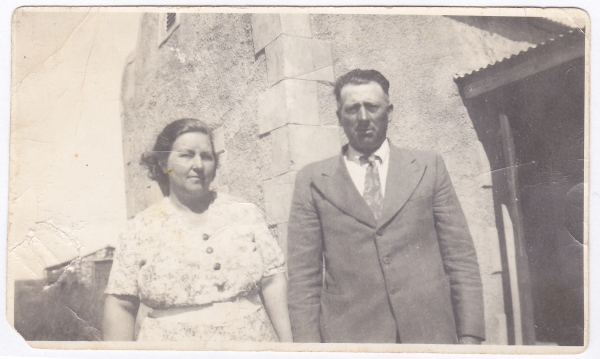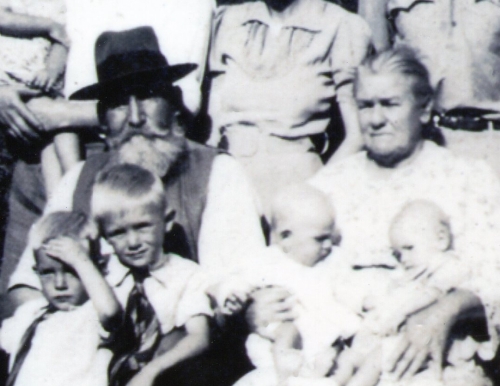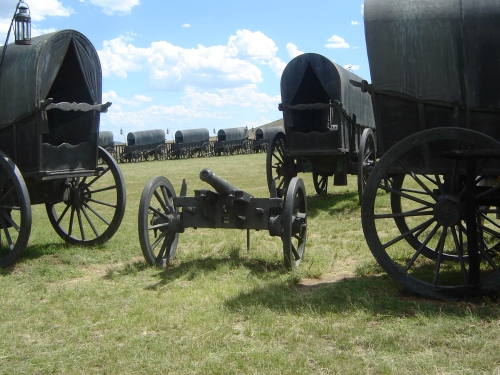THURSDAY, 7 APRIL 2016
A few recent discoveries:
1. My older grandfather, Johannes Jurgens Bornman, was born in the Vredefort district of the then independent Boer republic of the Orange Free State, on 16 February 1900 – less than a month before the Union Jack was hoisted in Bloemfontein.
2. My younger grandfather, Barend Jakobus Lodewikus Smit, was born on 25 May 1913. His eldest sister, Martha Helena Smit, was born on 6 May 1900, and died on 11 October 1901, during some of the darkest days of the Anglo-Boer War.
3. My great-grandfather Bernardus Gerhardus Smit was born on 20 October 1874. His wife, my great-grandmother Martha Helena Coetsee was born on 19 June 1880. It is quite likely thanks to her that my grandfather, my father and I have Coetsee family names.
FRIDAY, 6 MAY 2016
I find family history interesting for three reasons:
1. In the first place, family history is a collection of stories – of people, places, and times different from our own.
2. It is a good thing to recall the names of people who have been dead and gone for decades, and sometimes centuries, as if you are stretching out your hand across time to pat them on the shoulder to say: Decades or centuries from now your name will still occasionally be mentioned – you will not be forgotten.
3. It is interesting to trace the sources of my genetic composition, my biological self – not to be able to say “who I am”, just to say: Oh, so that’s how the line goes.
MONDAY, 9 MAY 2016
Family history, so I have learned, is personal in ways that you may never have guessed. A part of the person that you would become was present through all those generations over the centuries. If one person did not tie the knot with a certain other person, you would not exist. Same story if one person did not die prematurely to leave behind a widow or widower who then got married to another person.
One example: The first husband of Anna Margaretha Roos was killed along with Piet Retief in 1838. Her father, her brother and her brother’s two children (or two of his children) were killed at Bloukrans shortly thereafter. Now, as a child I learned of Blood River and Piet Retief and Bloukrans. What I never realised was that a part of what would become my genetic blueprint was present at some of those places. Had Anna Roos for example also died along with her father and brother at Bloukrans, a part of what would later become my genetic puzzle would have been lost, and I would therefore not exist. (She remarried a few years later, this time to my great-great-great-grandfather.)
For the unique composition of cells that would become I to be born in Pretoria in June 1971, it was imperative for a long list of people not to have died earlier than they eventually did, and that they had to marry and conceive children with exactly the right people.
Important to note: If they had not gotten married to those people and conceived children with them, they would probably have conceived and raised other children with other people, which would eventually have led to the birth of other unique combinations of cells in 1971, or 1972, or 1973 … but it would not have led to my birth, and my subsequent existence for the past 45 years.
Thus, for my being to have come into existence, it was important that certain people with specific genetic particles had to escape death at particular times and places – amongst many sets of circumstances, the battlefields of Natal in the 1830s and those of the Boer republics at the turn of the century.


______________________
